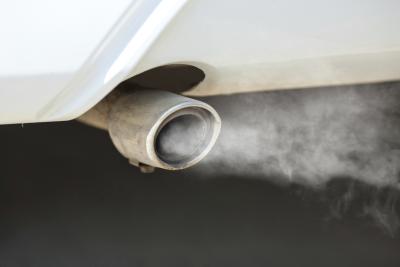The oxygen sensor in your car or truck monitors the level of oxygen in your vehicle’s exhaust. The sensor is linked to the on-board computer, which adjusts the fuel mixture and engine timing to compensate for any changes in the oxygen level and optimize the fuel/air mixture. If the oxygen sensor is impaired or damaged, it can affect the operation of the engine, whether idling, accelerating or decelerating.

A bad sensor can disrupt the combustion cycle that is controlled by the vehicle’s computer, and it cause your engine to run rough or “miss” while idling or running at relatively low RPMs. The faulty sensor can also cause the engine to knock and ping as the combustion of the fuel in the chambers of the engine is thrown out of its normal timing sequence.

If the engine ignition system is disrupted, the system for delivering fuel to the combustion chambers can also become faulty, causing too much fuel to be pumped into the engine. It can also result in a loss of engine power and lower gas mileage.

Faulty oxygen sensors disrupting engine timing and fuel/air mixture can raise the emission of pollutants into the atmosphere. This, in turn, can cause the car to fail emissions inspections
